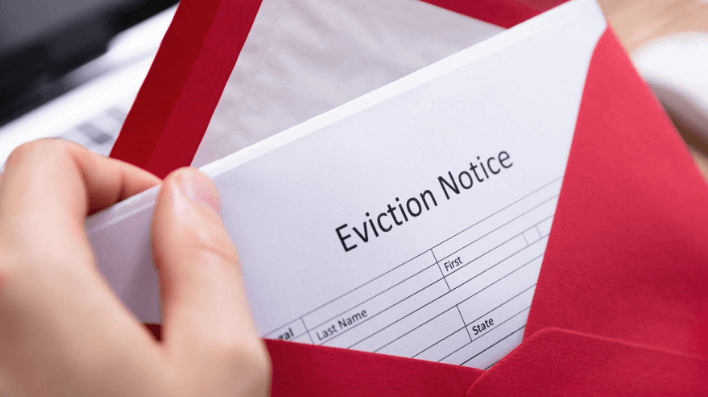Rental First
UPDATED 28/04/2020

Who is protected against evictions?
To be covered by the moratorium, a tenant needs to be able to prove that they are impacted by Covid-19.
- The criterion is that their household income has reduced by 25% or more due to loss of income due to Covid-19.
- This is income after tax, and it’s the total household income, not just any one individual in the household.
- This includes any Government payments the household is receiving.
- The ‘household’ is understood to be everyone living in the home contributing to rent, not just those listed on the tenancy agreement.
What steps should a tenant take?
- Initially a tenant has to let their landlord know they are in financial distress and demonstrate their household’s loss of income (proof of job termination/stand-down, or loss of work hours are good indicators of the reduction in income).
- If the tenant and landlord can’t come to agreement on a rent reduction, they must attempt formal mediation through the Fair Trading dispute resolution process.
- Only if a landlord has failed to come to agreement with a tenant after negotiating with them in good faith through the Fair Trading process can a landlord apply to the NSW Civil and Administrative Tribunal (NCAT – the Tribunal) for eviction.
- The Tribunal then has discretion to consider whether the eviction is ‘fair and reasonable in the circumstances’, taking into account factors including whether a fair offer was made (and rejected), whether the tenant had been meeting any new agreed commitments, the parties’ financial circumstances, as well as health concerns and the public health perspective.
- All tenants not affected by Covid-19 are required to honour the tenancy agreement and pay all rent and charges in full.
